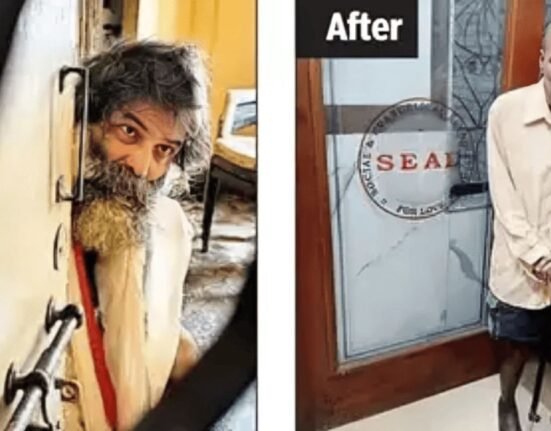Mental health has always been stigmatised in India. In early times, people used to label a person as ‘paagal’ or ‘abnormal’ who could not fit into society. Because of these societal tags, people resisted entering into a therapeutic setting, which is prevalent in our country. A major change came with COVID when many people lost their loved ones to depression, OCD, and other mental conditions. But even today, a lot has to be done to encourage people to freely and openly accept and seek therapy for the same.
Recent trend shows that women are coming forward to seek help for their mental health. Research by eKincare, an AI-powered digital health platform, shows that women are more eager to seek support, with their usage rate (11.88%) being nearly three times higher than men’s (4.24%). Women make up more than half of mental health consultations, even though they only make up around 25% of the workforce.
Read More: Increasing Crime Against Women Impacting Their Mental Health
Based on the research of over 45,000 employees in more than 90 organisations and 15 industries, the main reason for consultation is personal stress, surpassing work issues. Gen Z workers (ages 19-30) are the most frequent users of mental health services, reflecting a generational recognition and openness to mental health services. Conversely, the lowest utilisation percentage is attributed to employees 46 and older, suggesting continued stigma or lack of outreach to employees in this age range.
Another evidence comes from the poll conducted by 1to1help, an employee assistance program (EAP) service provider. According to the poll, women made up 55% of counselling sessions, and the most commonly mentioned topic was self-development. With the greatest counselling utilisation rate of 35% among industries, the IT sector set the standard for other sectors. According to the ‘State of Emotional Well-being Report 2023’, the consulting industry scored 2nd place at 12% and came after the banking, financial services and insurance (BFSI) industry at 11%.
The report also revealed that 68.55% of people searching for financial counselling were men and 60.11% of people searching for relationship counselling were women, demonstrating complex gender-specific needs. Furthermore, the study found that critical mental health cases have increased by 4% in 2023, signalling the need for mental health support to take precedence and the need to prioritise employee wellbeing.
A survey conducted by United We Care – a next-gen deep-tech company focused on improving emotional wellbeing and mental health – provides an understanding of the mental health status of young women in India. The results of the survey indicated that there was a 62.5% interaction rate with mental wellness content from women compared to 37.5% of men, with 55% of women on the platform identifying as being between the ages of 18-34.
The survey suggested that women were interacting at 18.75% more in cities like Delhi, Bengaluru, and Mumbai, indicating a higher demand for mental health products and services in metropolitan areas of interest is that the platform has seen the greatest participation in women who are engaged in topics such as emetophobia (fear of vomiting) and ways of managing obsessive thoughts.
Read More: Cafes Brewing a Brighter Future: The Power of Inclusive Employment
“At United We Care, our focus always revolves around providing accessible and affordable mental wellness services to millions of individuals,” stated Shumita Kakkar, Founder & COO of United We Care, in response to the study. The results of this poll highlight how crucial it is to provide mental health support top priority, particularly for working women and discuss the particular difficulties that women encounter and seek to establish welcoming and encouraging workplaces. The purpose is to take down barriers and elevate the emotional well-being of women and all others.
In general, while there still seems to be stigma against mental health, especially in older generations, in India in general, there certainly has been a shift, and largely because of women. Studies have shown, time and time again, that women are more likely to utilise mental wellness options and are now requesting mental health support, in particular for personal stress.













Leave feedback about this